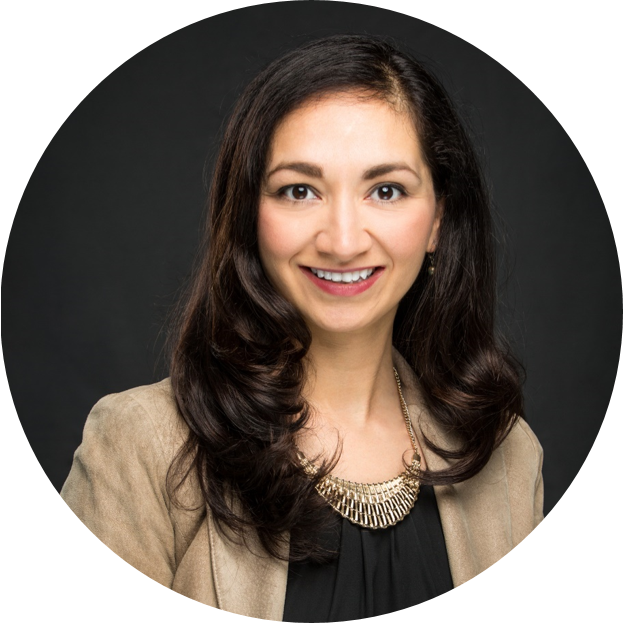Every day I wake up and feel blessed to work on behalf of children, in a field I love and with people whom I respect and admire. However, to do our work well, we need to be present, agile and brave while aspiring to the exceptional in all we do. Wanting to be better versions of ourselves means that we must also address equity, diversity and inclusion head-on as an essential part of our work and not merely as “checking the box.”
When I joined the Education First team earlier this year, one of the first all-staff trainings I attended focused on our firm’s RIDE agenda. I felt a great sense of hope. Anyone who works on behalf of children must also be a champion for social justice in its many forms and work for an equitable society. A child does not get to choose their parents, their ZIP code or their circumstances. I believe that society’s role is to provide every child with an education—among other rights and necessities—to help them achieve their potential. In other words, Education First’s commitment to RIDE spoke to my heart because it is firmly rooted in my core beliefs.
However, as I dig more and more into our RIDE agenda, I sometimes feel woefully unprepared. It’s one thing to say that you’re for social justice and equity, but quite another to understand what it means and “walk the walk.” You see, I believe that systemic oppression and injustices are the results of millions of individual decisions made by people every day in their private lives. For a firm-wide anti-racist agenda to be successful, in addition to what we do at work we must each pursue a path of personal reflection on our private acts and decisions. Indeed, the change starts with me—with each of us.
I fully acknowledge that for me to be genuinely “all-in” for social justice, I can’t just be anti-racist when I know others are watching. As a person of color, I pose this challenge to all of us. We each have a certain level of bias, power and privilege and it matters how we choose to use our language, invest our resources and wield our social capital in public and private lives. To me, this means that the color of your skin, gender or any other label does not give you a pass – you are still responsible for doing your part.
As I consider my public and private acts and decisions, I remind myself of the role others played in my own life – as mentors, coaches and allies. Early in my career, my friend Rebecca helped me as I started my professional path in state government. She was so much more than a supervisor; she was a coach and mentor. In her public and private acts, she invested her social and professional capital in me – demonstrating the critical importance of allies in our journey. To me, allyship is about using power and privilege to give voice to those lacking access to power and resources. Rebecca gained her social and political capital with the help of allies on her own professional journey who respected her talent and believed and invested in her. In retrospect, I believe her public and private actions were a natural way for her to pay it forward and keep this virtuous cycle in motion.
The role of mentors is an essential form of allyship in that these individuals use their public and private acts and decisions to break down barriers created by privilege. Breaking down barriers is challenging because working for equity requires those with the opportunity (in all its forms) to put their belief in fairness ahead of their desires, advantages and immediate self-interest. In my own life, I seek to repay Rebecca’s investment and by serving as an ally and standing in solidarity by providing career advice, serving as professional and personal references and coaching and offering advice where I can. When you think about the role of mentoring, it has the unique power to provide an individual with the leg-up that may level the playing field for internships and employment.
Allyship via mentoring is a challenging entry point, but no one said this work was easy. I challenge would-be allies and mentors not just to say the “right things,” but do the right things as well. One would think that this is easy if you are a person of color, but it is not. So, yes – even people of color need to push themselves to be good allies and go beyond the talk. Be a mentor to someone in this New Year and push and encourage them in their journey. Mentorship can be messy, uncomfortable and frustrating, and you’re not going to get it right every time. However, the change starts with each of us and it begins with that first step.

